A bang then, frowned upon today: The start of a close friendship between Huawei and Deutsche Telekom at CeBIT 2016. (Source: Deutsche Telekom)
Internal documents of Deutsche Telekom have been leaked to the German newspaper Handelsblatt. According to the paper, relations with Huawei are of high strategic importance, even if they are played down to the outside world. The article concludes that the German network operator is increasingly dependent on the Chinese.
The accusation weighs heavily: Despite impending sanctions against Huawei, Deutsche Telekom has placed itself in close dependence. In addition, the importance of that cooperation has recently been downplayed in public. The Handelsblatt has confidential internal documents from the telecom giant at its disposal, including briefings, minutes and presentations from the past four years. According to the authors, these documents prove that the Bonn-based company has established much closer ties to Huawei than the German security authorities are satisfied with.
Holding on to partnership
The announcement of the Open Telekom Cloud (OTC) on CeBIT 2016 in Hannover, Germany, was the starting signal for a close cooperation between Deutsche Telekom and Huawei. The partnership was further intensified in the following years.
Despite the ongoing political debate in Germany whether the Chinese supplier should be excluded from critical infrastructures, Telekom CEO Höttges had further intensified the collaboration at a personal meeting with Huawei chairman Eric Xu in August 2019. This time it was all about 5G.
What was discussed is controversial from a double point of view. On the one hand, Höttges promised the Chinese that they would play a key role in the expansion plans of Deutsche Telekom’s 5G network. On the other hand, he demanded Huawei to ensure that its own company would gain a noticeable technical advantage over its direct competitor Vodafone. And this, despite the fact that Vodafone in Germany also buys 5G components from Huawei, as does Telefónica. Moreover, in view of the difficulties that were already becoming apparent as a result of the US boycott, Höttges secured himself a preferred delivery.
Consequences difficult to estimate
At this meeting the partners noted considerable problems with components for small cells, i.e. smaller base stations, but also in other areas. These were triggered by US sanctions, which have been successively tightened since then and which are now also affecting , for example, chip manufacturers. As their machines are based on US technology, they are no longer allowed to supply their products to Huawei if they do not want to expose themselves to the risk of sanctions. As a result, the Chinese must now look for replacements for CPUs and communication chips from Intel, Qualcomm and other suppliers.
Ultimately, it is likely to amount to developing this technology in the country itself in order to produce the corresponding semiconductors. But how will Huawei bridge the transition period? In the run-up to the sanctions, they tried to hoard large numbers of critical components. On the one hand, these stocks are limited. On the other hand, this means a “technology freeze”: Huawei no longer has access to the follow-up generations that are faster, more energy efficient and offer additional functions – a heavy disadvantage in contrast to its competitors Nokia and Ericsson.
Counter arguments are on the rise
The question of whether a Chinese manufacturer – and this includes ZTE as well as Huawei – is suitable as a supplier for critical infrastructures has not yet been conclusively decided in many industrialized countries. The accusation, which has been made in particular by the US government, is that Chinese companies are fully committed to their government, so there is a real danger that Huawei & Co. could engage in espionage or sabotage on their behalf.
In addition, strategic and industrial policy arguments are increasingly being used. For example, German Chancellor Angela Merkel and Minister of Economics, Peter Altmaier, both CDU, are criticized not only by the opposition and coalition partner SPD, but also by parts of their own party for seeing the Chinese merely as economic partners, but not as system competitors. Especially after the passing of the so-called “security law” in Hong Kong under pressure of China, that restricts the liberties in the capitalist enclave, this argument comes into focus.
China relies on state control through censorship and intensive data collection as well as a state-controlled economy. Even with close economic partners, there would always be pressure to curtail the free market, personal freedom, diversity of opinion and data protection in order to obtain lucrative trade agreements, important investments in infrastructure projects and generous loans. To achieve the goals of the “Made in China 2025” development plan, Chinese companies would also receive unfair advantages that distort competition in promising industrial sectors.
Risky poker between Bonn and Berlin
The German Chancellor and the Ministry of Economics have so far brushed aside these concerns and are obviously primarily concerned not to snub one of Germany’s most important trading partners. The result is a blockade of German and European politics. Not only Corona, but also the hitherto unresolved dispute within the Union parties, has so far prevented the long-awaited IT security law 2.0 from being passed, which would ultimately bring a decision for or against Huawei. Merkel had tried to make its adoption dependent on a European agreement. But even in Brussels the wind is blowing in her face, so she only achieved a further delay.
However, this would mean that Deutsche Telekom continues to invest heavily in Huawei technology – and a possible ban would make dismantling all the more expensive. Moreover, the further expansion of the German 5G network would probably be massively endangered. According to Handelsblatt, 65 percent of all radio network components (RAN) installed this year by Telekom in Germany come from Huawei. With such a volume, Nokia and Ericsson would hardly be able to step in as replacement suppliers in the short term.
No end to the dispute in sight
After the publication of Handelsblatt, the dispute continued to heat up. While Altmaier sees no evidence that would justify a ban against Huawei, large parts of the CDU, CSU and SPD are united in their opinion: the Chinese vendor is not trustworthy. The Handelsblatt quotes Bernd Westphal (SPD): “It is strange that the Chancellor and Ministry of Economics place more trust in a Chinese company than in their own security authorities”. In addition to earlier statements by the BND, he refers also to the current report of the Federal Office for the Protection of the Constitution. According to this report, the question of the participation of Chinese companies in the development of 5G networks, for example, is of the greatest interest for the country and indispensable for strategic decisions, and therefore the target of state espionage.
Others criticize the strategy of Telekom CEO Höttges and want to confront him – after all, the German government is still the company’s largest shareholder with around 32 percent of shares. Whether the long-delayed political decision will now be made after the parliamentary summer recess is still completely open.
The discussion about Huawei and Co. is thus developing into a never ending story – from an industrial point of view the worst of all alternatives. Experts already warned on FUENF-G.com about this last autumn. So did Dirk Kretzschmar, Managing Director of TÜV Informationstechnik GmbH, who called in an interview entitled “Criminal energy decides 5G security” to check all manufacturers equally if there is any suspicion of intentional espionage functions. For Deutsche Telekom, however, the new realizations could sum up to a transatlantic storm.

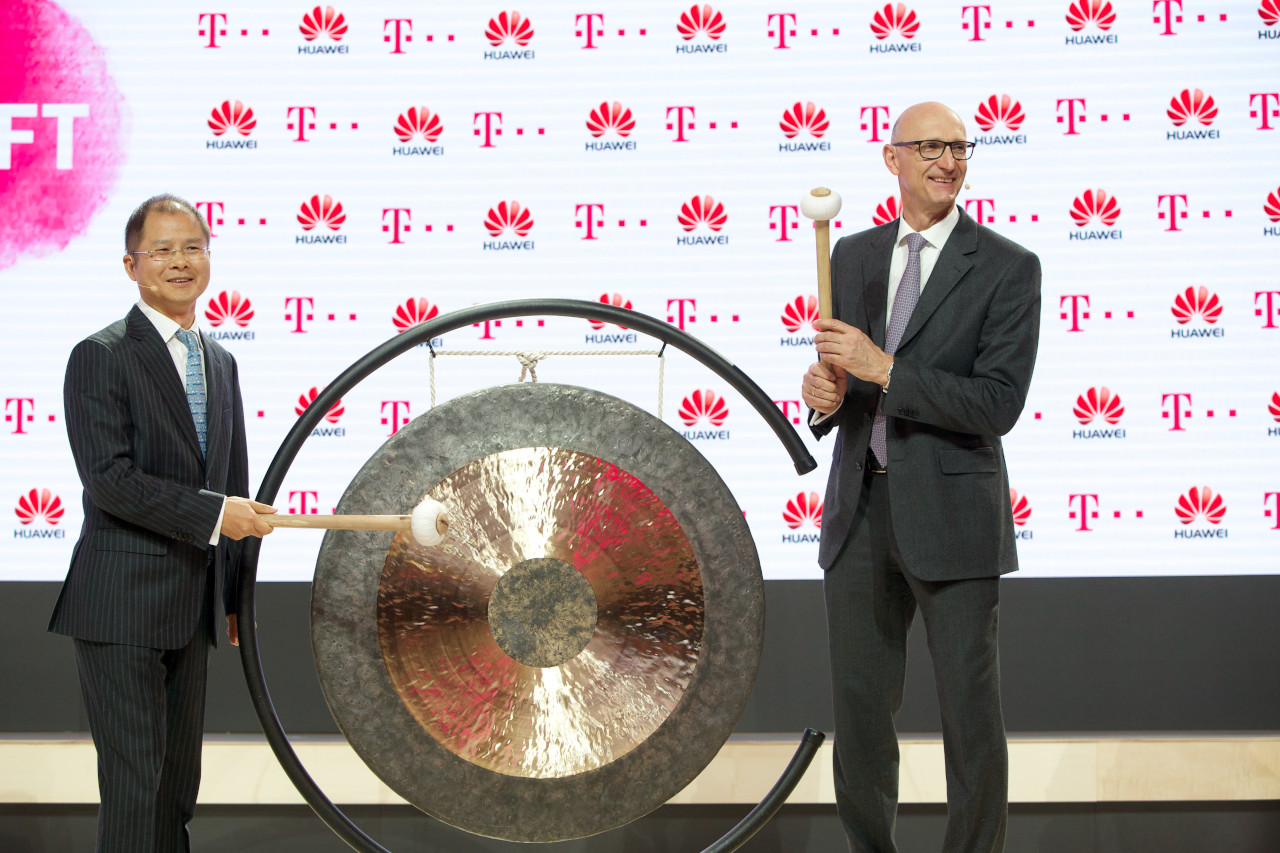
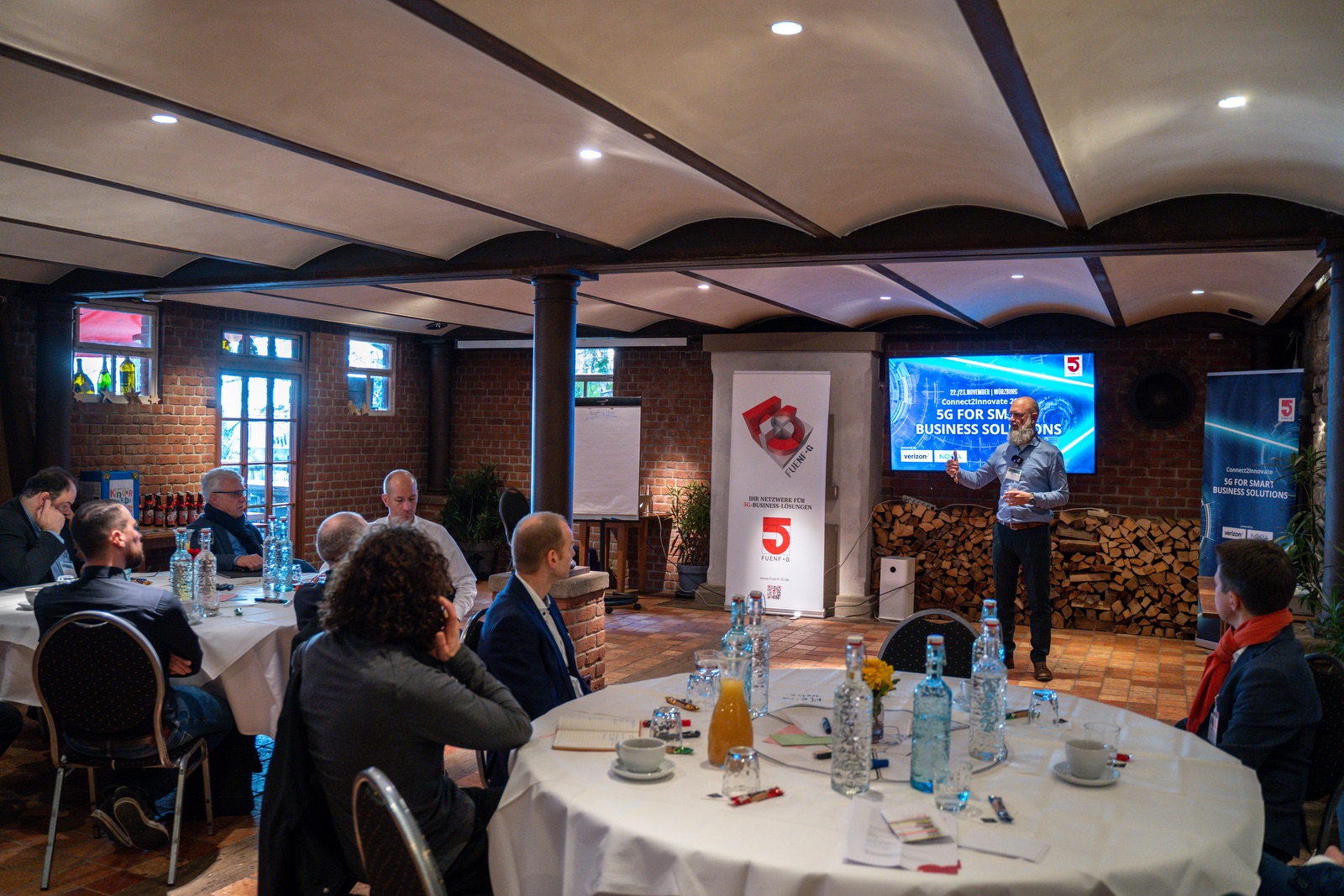

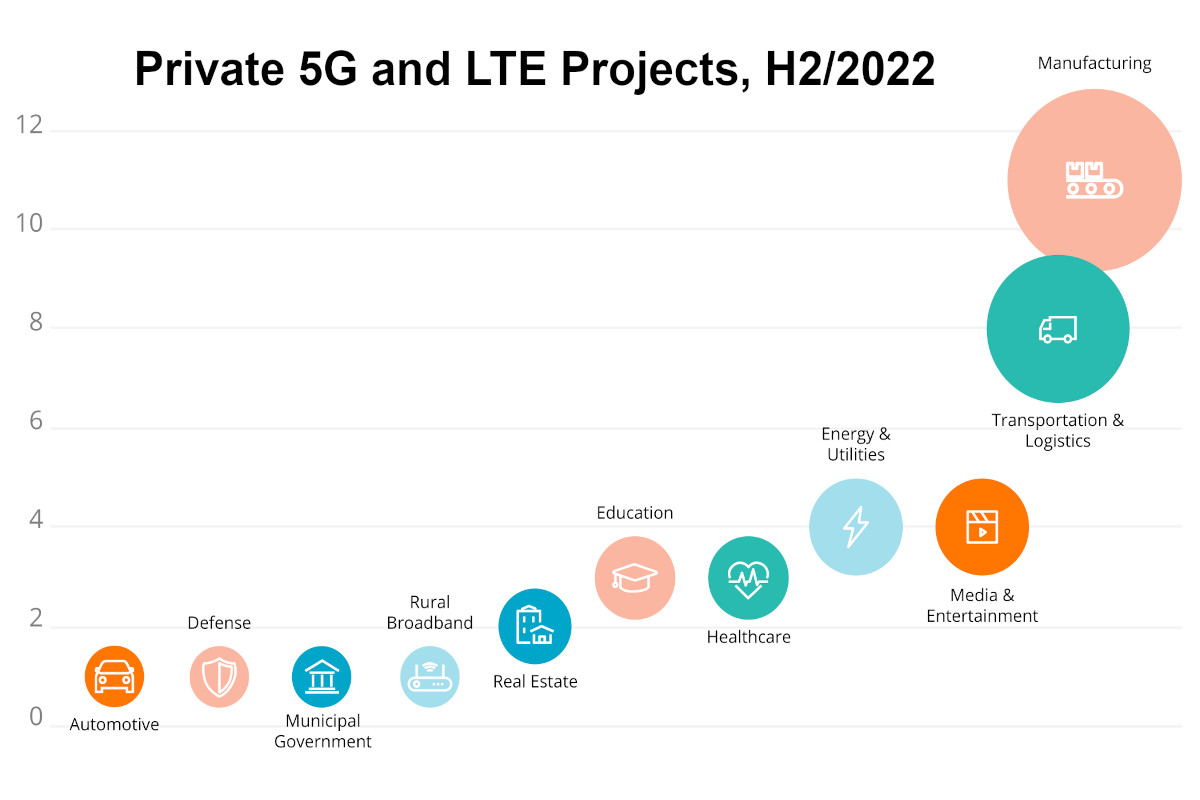
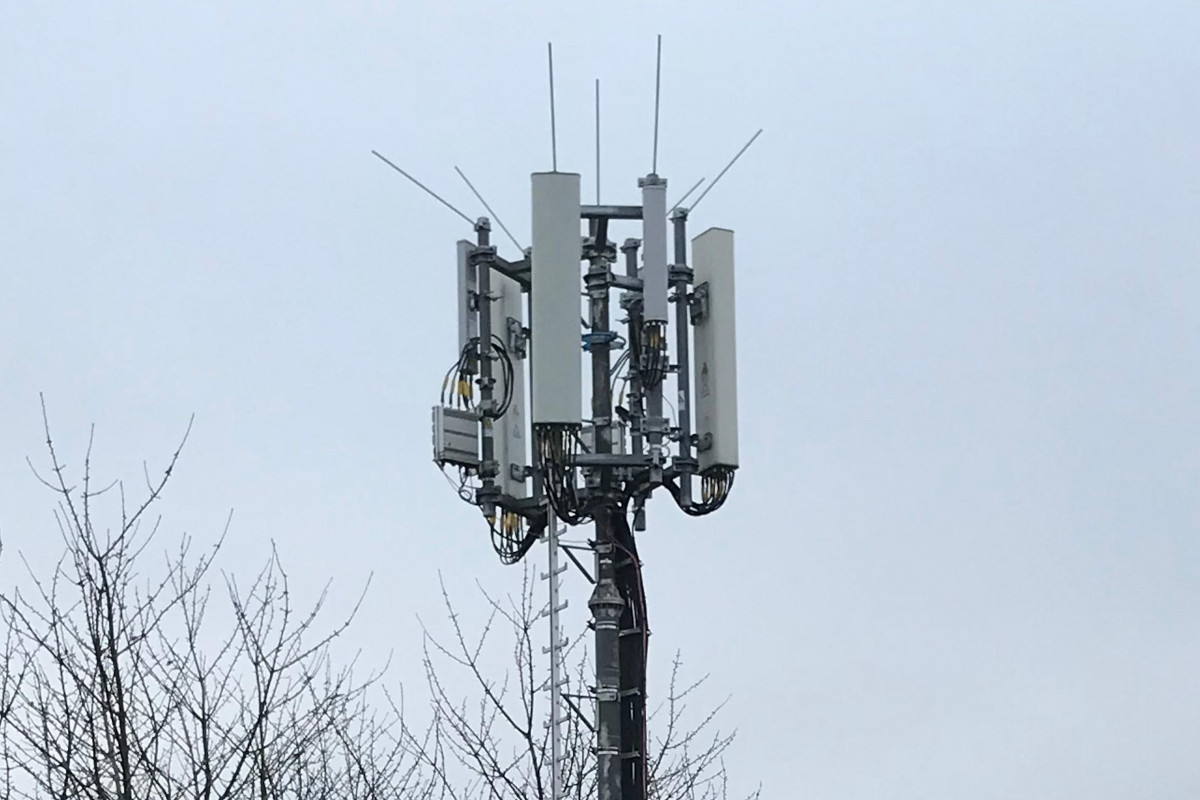
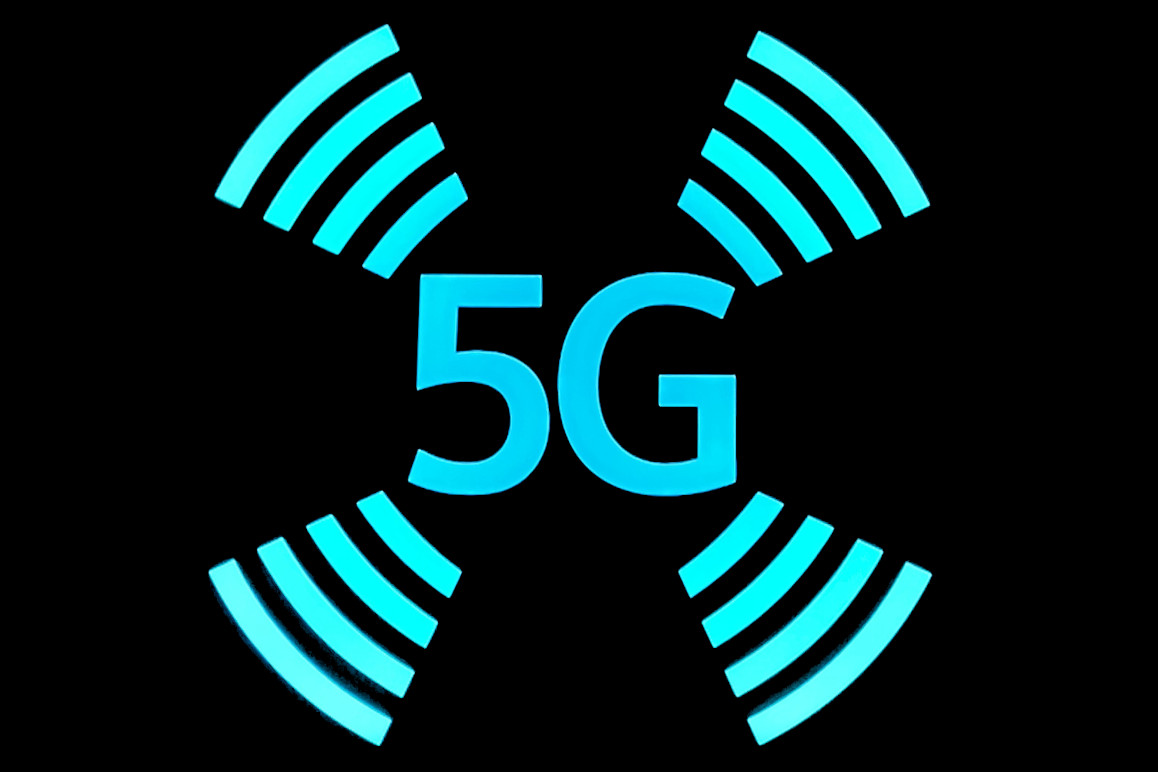


Leave A Comment